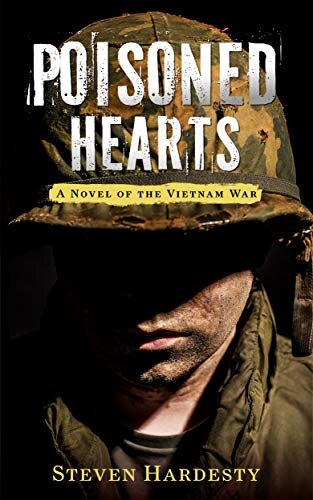Buffalo Billing in the Plague
Nothing like a war novel to help you forget that COVID-19 is at the door slavering to get in to kill you. The virus death toll in my county is slowly rising, so I escaped the frights by diving into the Autobiography of Buffalo Bill, which led me to think about war novels. Sound strange? Let me tell you how that happened.
Folks on my street are huddled in self-quarantine, only coming outdoors to shoo the gators out of the pool or jog socially-distancing down the shoreline for a breath of sea air. We are lucky to live in a large county populated by more gators than people. But seven more people died last night of the virus in local hospitals, our highest one-day death toll so far, and that’s scary.
Yep, we do all the recommended things – we raid for groceries only once in ten days and then masked and gloved, stand across the street from neighbors to chat about the fruit rats getting into our mango trees, do our own machete work on drought-withered sea grape hedges, and put off until whenever travel to visit our children in distant cities.
To take my mind off all that, I spent lots of happy hours reading the gaudy tales in Buffalo Bill’s Autobiography. If you're huddled in your virus/bomb shelter or drowsing ‘neath a spreading chestnut tree hoping the plague won’t notice you, it’s a read worth your reading.
Must be lots that’s inflated in William F. Cody’s storytelling but the guy did run wild on the frontier from age fourteen through the early Pony Express days and into his mid-thirties when he took up playacting and began to build his Buffalo Bill’s Wild West & Rough Riders of the World extravaganzas.
But what I, as a veteran of a jungle war and writer of four war novels, found most curious was his description of the casual style of the Indian wars in which he fought as a scout. First, young Bill carries dispatches 150 miles to General William T. Sherman through the most dangerous Indian country and sees no Indians. Then, he rides a scant few miles across safe country to grab a beer with his pals but has to fight for his life the whole ride. This is guerilla warfare on the Great Plains with the vast distances rather than gloomy jungle hiding potential ambushers. Like combat in space must be one day.
What really struck me, though, is the casual readiness of settlers and Indians to jump to attack one another without immediate provocation. And the surprisingly equal combat for most of the frontier period. While Dee Brown’s Bury My Heart at Wounded Knee well-describes the awful genocidal nature of the frontier wars, too much of the Autobiography reads like a young man’s hunger for the chance to fight. Just to fight.
Which made me realize that, although I was a young man pushing through Vietnam’s Central Highlands of jungle and mountain in 1968-69, I did not feel that hunger. Nor did I know a single soldier in that war who really wanted to fight. We fought, of course we fought. We did the job we were sent to do. But we just wanted to get out of there alive.
Oh, well, there was this one guy who wanted to go home a hero. He was a big, strapping fellow so certain of his heroicness that he wore a white T-shirt into combat instead of his regulation green fatigue jacket. A white T-shirt, for Pete’s sake.
A dozen of us were caught in a spray of bullets from a Vietcong machinegunner hidden in a spider hole. Everyone else hit the deck to stay alive. This guy ran into the bullets to attack the gunner barehanded. His white T-shirt caught the gunner’s eye. Got his elbow shot off next to me. Another fellow – one who didn’t want to be a hero but only wanted to go home alive to his wife and kids – crept up on the gunner from behind and shot him in the head. Then we all tossed in grenades.
You see how worrying about the plague brought me through Buffalo Bill’s adventures to thinking about that moment, don’t you? Being distracted from the plague into a bitter war memory may seem small relief to you. But it reminded me that fighting the fight you have to fight, and only that fight, is the way to win through to what we hope to find at the end of all this misery.
Best wishes to you in this plague year, and keep up the fight.
Cheers!
© 2020 Steven Hardesty
